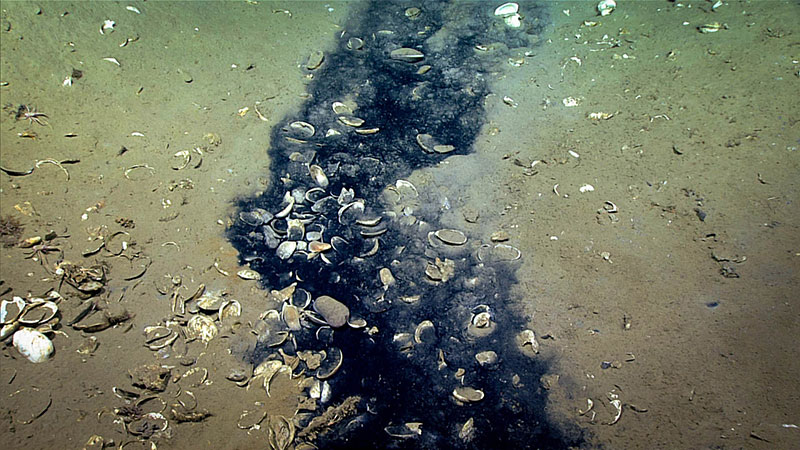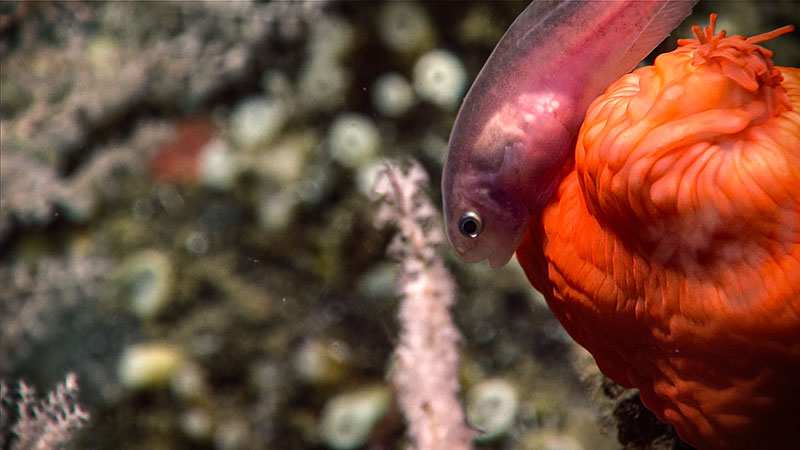Ocean Exploration Matters
Seventy percent of Earth is covered by the ocean. Ninety percent of the ocean is considered "deep," with a depth of greater than 200 meters (656 feet). Yet only slightly more than a quarter of the ocean has been mapped at high resolution and just a fraction of that has been visually surveyed and explored. Given this, can we truly say that we “know” our own ocean? And if we don’t, how do we manage or protect it and the resources it holds?
Take a deep dive with us as we look at several of the reasons why exploring our ocean is so important.
The deep ocean impacts our very survival, yet remains poorly understood.
The ocean impacts all of us, whether you live in a coastal community or in a landlocked area. The ocean plays a role in everything from the air we breathe, the food we eat, and the transportation of the goods we buy to our daily weather and longer-term climate trends.
Most of our knowledge of the ocean lies in shallower waters. However, deeper waters continue to grow in their importance to our nation. Many fisheries are based in deep waters, providing food, jobs, and livelihoods. The deep ocean holds reserves of oil, gas, precious metals, and rare minerals. Within ocean depths may lie cures to crippling diseases and sources of other natural products with potential as pharmaceuticals, enzymes, cosmetics, and more.
How will we know what is out there if we aren’t even looking for it?
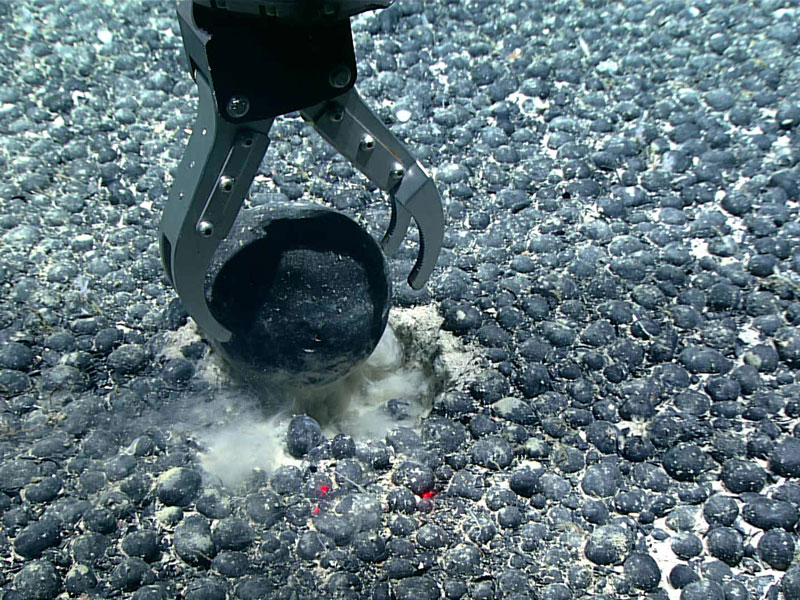
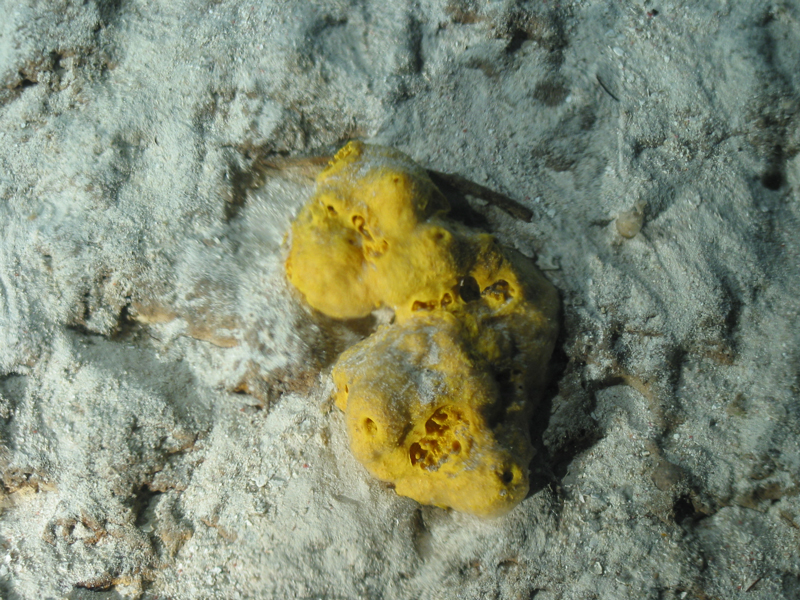
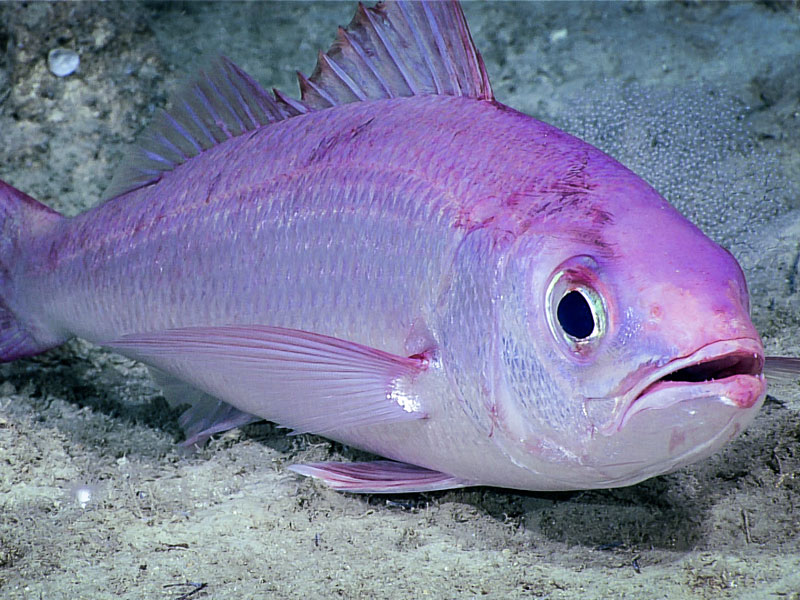
Good management of ocean resources is critical, but we can’t manage what we don’t know.
The ocean is an interconnected network of animals, plants, microorganisms, rocks, and other structures. When a change happens to one component of an ocean ecosystem, it can have dramatic impacts on the ecosystem as a whole. We depend on the ocean for the many services it provides. Yet we can unintentionally set an ecosystem off balance without intending to simply by extracting and using marine resources such as seafood and energy. Resource managers and ocean users alike need environmental information to make good decisions.
We need to be careful and conservative in how we use our ocean and its resources to ensure future generations can do the same. Careful practice requires good management that balances use, enjoyment, and protection. But if we don’t know what’s out there, how can we effectively manage it?
By exploring unknown reaches of the ocean and putting gained knowledge into the hands of management and regulatory communities, exploration helps to ensure that the ocean is not just managed, but managed in a wise and sustainable way.
Ocean exploration knowledge, tools, and technologies can be applied elsewhere, enhancing resilience and recovery.
Oftentimes we don’t think about our limited knowledge of the deep ocean until after disaster strikes and it’s too late. An oil spill or a missing aircraft can quickly demonstrate how little we know about these deepwater environments and how difficult it is to get timely, actionable information about them.
Deep reaches of the ocean are places with near-freezing temperatures, corrosive saltwater, limited or no light, and intense pressure. Not only do we not always know what’s found at ocean depths, we also often are lacking the tools and technology needed to get to and survey these extreme places.
Early ocean explorers used lead lines to map the seafloor, collecting data one laborious cast at a time. Our current technology allows us to deploy ships and other vehicles with increasingly sophisticated systems for mapping the seafloor, measuring ocean characteristics, and sampling the marine environment. Increased use of highly autonomous vehicles is greatly increasing the pace and scope of exploration.
Before, not after, a disaster or crisis strikes—that is when we need knowledge about the environment. Ocean exploration provides the basic environmental information needed to respond appropriately. Additionally, the tools and technologies being developed for exploration can be transferred for use in emergency situations such as response to an oil spill.
Without basic knowledge and technologies, how can we respond in the face of an ocean crisis and how can we know that our response is the right one?
Our ocean is not a static place.
The environment on Earth is constantly changing. Many of those changes are happening faster than ever. The ocean plays a critical role in many of these changes, from the increasing frequency and severity of coastal storms to sea level rise and warming global temperatures. Communities, particularly those in coastal areas, must make increasingly difficult decisions to stay safe, resilient, and economically sound.
Through ocean exploration, from mapping and characterizing previously unseen seafloor to collecting and disseminating data about the water column, we can establish baseline information needed to better understand environmental change.
This baseline knowledge fills gaps in the unknown, delivering the reliable and authoritative science that is foundational to providing foresight about future conditions and informing the decisions we confront every day on this dynamic planet.
While the ocean exploration community continues to grow, despite its importance, the number of people exploring our ocean remains small.
Given the immense breadth and scope of ocean exploration, no single person or organization could ever go it alone. The pooling of resources, expertise, and capabilities through strategic partnerships is paramount to bridging gaps in our understanding of the ocean.
NOAA Ocean Exploration is one organization focused on exploring our unknown ocean. As the only federal organization currently dedicated to ocean exploration, we work closely with government agencies, academic institutions, nonprofit organizations, the private sector, local communities, and others to identify requirements and needs.
We collaborate with stakeholders to build ocean exploration campaigns—multi-partner, multi-ship, multi-year initiatives to map and explore areas of national importance. We provide partnership coordination, funding, staff, tools, and expertise needed to develop exploration missions that deliver rigorous, systematic observations and documentation of biological, chemical, physical, geological, and archaeological aspects of the ocean. We work to get scientists to uncharted areas; to design, test, and implement new deep-sea technologies; and to bring the wonders of ocean exploration to everyone. And, during and after expeditions, our system of data management ensures that collected information arrives quickly – and accurately – into the hands of those who need it to make timely decisions.
Every day, our unique capabilities are helping to advance knowledge and understanding needed to help communities, businesses, and governments make smart choices to protect lives, property, and economic well being.
Published August 13, 2024

